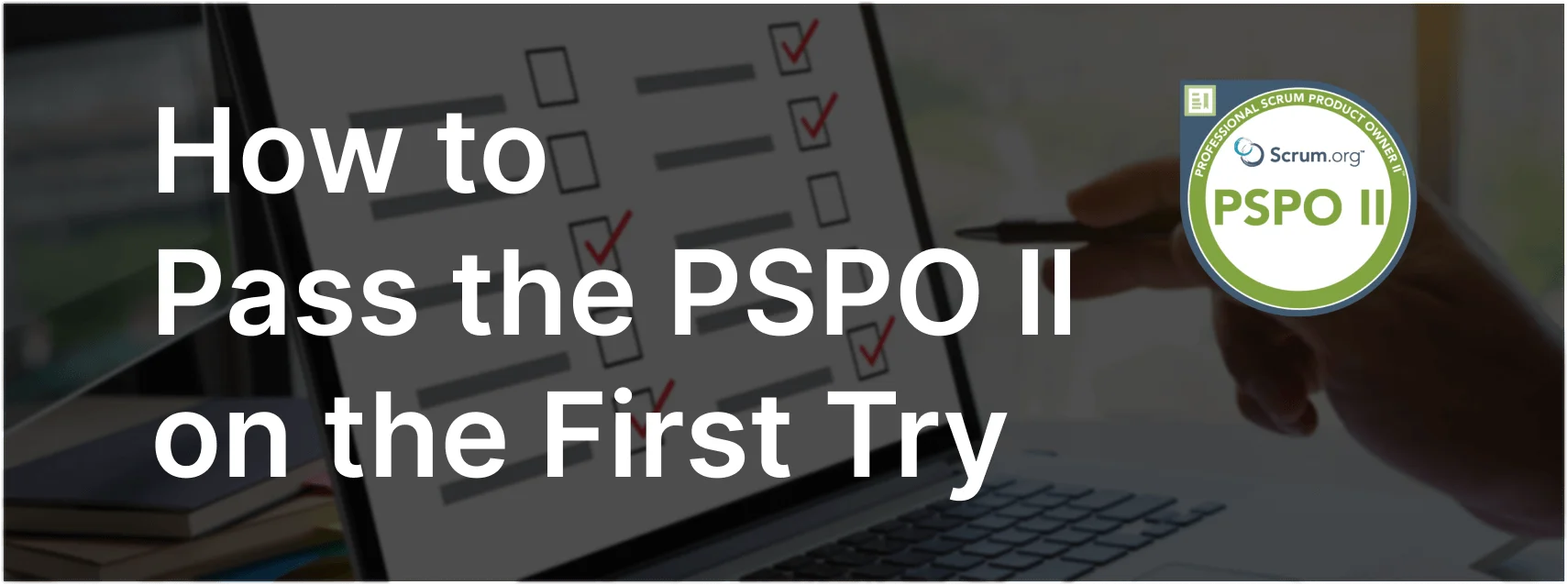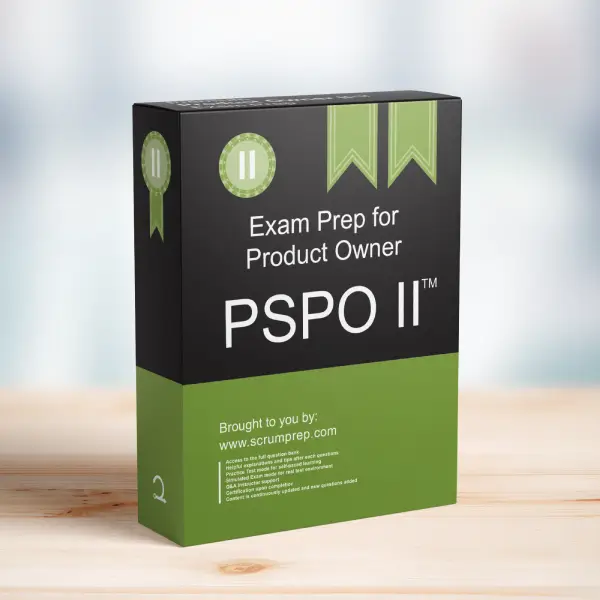Separate Product Backlog Requirements
In Scrum, the Product Backlog is a critical artifact that provides a single source of truth for all the work needed on a product. Understanding when a separate Product Backlog is needed is crucial for effective product management.
Exam Question
A separate Product Backlog is needed for every:
(choose the best answer)
A. Product.
B. Scrum Team.
C. Portfolio.
D. Program.
E. All of the above.
Correct Answer
A. Product.
Explanation
Correct Answer
A. Product:
In Scrum, each product has a single Product Backlog. This backlog contains all the work items required for that product, ensuring a clear and transparent overview of what needs to be done to achieve the Product Goal. Multiple Scrum Teams can work from a single Product Backlog if they are all working on the same product.
Incorrect Answers
B. Scrum Team:
While multiple Scrum Teams can work from the same Product Backlog if they are working on the same product, each team does not need its own separate Product Backlog. Instead, they coordinate their efforts to contribute to a unified product vision and goal.
C. Portfolio:
A portfolio may contain multiple products, each with its own Product Backlog. Therefore, a single Product Backlog is not appropriate for an entire portfolio.
D. Program:
A program might include several products, and each product should have its own Product Backlog. Managing all work items for multiple products in one backlog would reduce clarity and effectiveness.
E. All of the above:
This is incorrect because only each product needs a separate Product Backlog. Scrum Teams, portfolios, and programs do not each require their own individual Product Backlogs.
Responsibilities in Scrum
- Product Owner: The Product Owner is accountable for managing the Product Backlog, ensuring it is up-to-date, prioritized (ordered), and transparent. They work closely with the Scrum Team to refine the backlog and ensure that it reflects the current needs and goals of the product.
- Scrum Master: The Scrum Master supports the Product Owner and the Developers in maintaining the Product Backlog, ensuring that Scrum practices are followed, and facilitating the refinement process.
- Developers: The Developers collaborate with the Product Owner to refine the Product Backlog, providing estimates and insights into the technical feasibility and effort required for each item.
Relevance to the PSPO II Exam
Understanding the concept of the Product Backlog and when a separate backlog is needed is essential for the PSPO II exam. Product Owners must effectively manage the Product Backlog to maximize value and ensure that all work items are clearly defined and prioritized. This knowledge is crucial for achieving successful Scrum implementation and delivering valuable products.
Key Takeaways
- Each product in Scrum has its own Product Backlog.
- Multiple Scrum Teams working on the same product use a single Product Backlog.
- Portfolios and programs consist of multiple products, each with its own Product Backlog.
- Effective Product Backlog management is critical for maximizing product value.
Conclusion
The Product Backlog is a vital artifact in Scrum, ensuring that all work required for a product is clearly defined, prioritized, and transparent. By understanding that each product needs its own Product Backlog, you can better manage and deliver valuable products. For more information on preparing for the PSPO II exam, visit our PSPO II Exam Prep.



